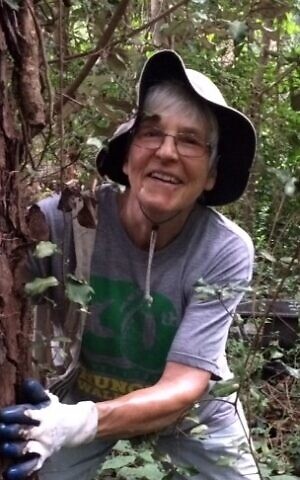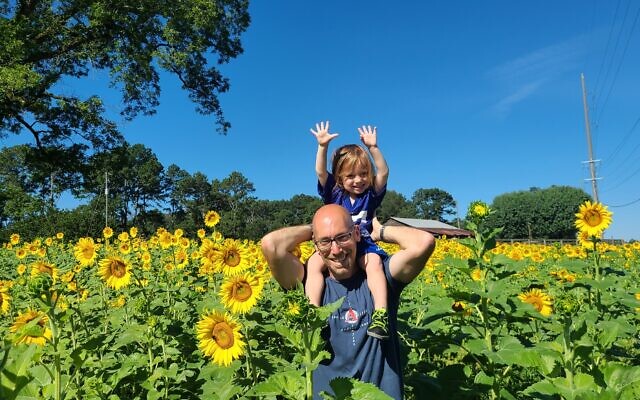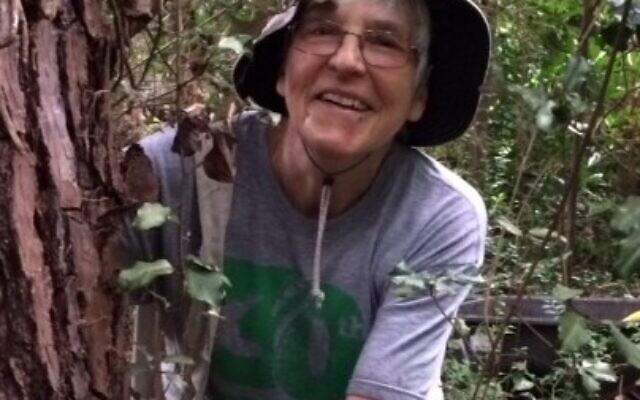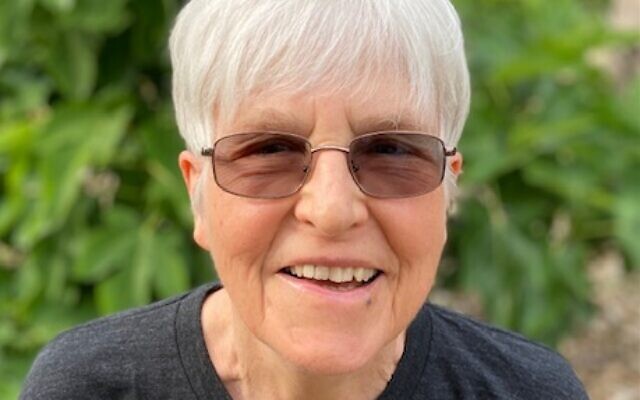Relevant Social Justice Action with a Shmita Plan
A local synagogue rediscovers an ancient Biblical tradition to mitigate climate change.
As we enter 5782, Jews all over the world will be welcoming the Shmita year, which arrives every seven years. In metro Atlanta, Congregation Ahavath Achim will embark on an ambitious plan to integrate the broad lessons of this biblical tradition into some of its programming, starting after the High Holy Days. Spearheading the synagogue’s initiative are AA members Myrtle Lewin and Mark Papier.
“Shmita is known as a ‘Sabbatical Year’ or year of ‘Release’ or ‘letting go,’ rooted in the land of Israel, in which land is left fallow, debts are forgiven, and other agricultural and economic adjustments are made to ensure an equitable, just and healthy society,” said Lewin and Papier in a compiled email response to the AJT.
“We believe that Shmita provides us with an opportunity – and an imperative – to rethink some of our default behaviors, to embark on some innovative programming that takes the climate crisis seriously, to set long term goals with well-defined accountability points, and to educate our community, all while building better and longer lasting relationships.”
They developed what they call a “Shmita 7 Plan,” which will encourage AA to develop programming for the next seven years while embracing seven categories of action. The plan will capture the deep principles of justice, sustainability, and spirituality that permeate many of the Torah references to Shmita. The plan is driven by scientific and agricultural best practices, with endorsement from the AA rabbis and lay leadership. “And we have work to do!” said Lewin and Papier.
The plan’s seven categories of action include how we care for our land and repair and protect our tree canopy. It also encompasses food as an action category: what kinds of food we choose to purchase, how food is packaged, where it comes from, and how we dispose of waste thoughtfully. Education will include sermons from the bimah and discussions and workshops on social justice issues like hunger and debt relief, along with learning how to protect water and energy resources.
“Shmita’s reach is wide,” said Lewin and Papier. “Action plans will hopefully include programming by other committees under AA’s Social Action umbrella, such as our Refugee Initiative.”

The impetus for the plan came out of conversations that Papier, Lewin and other AA congregants had when sharing ideas in JCAN-Georgia (Jewish Climate Action Network) meetings over the past several months. There is a growing community, with JCAN-GA at its hub, that is working on sustainability and climate crisis issues at different synagogues. “Even though the AA Synagogue’s Greening Group has been around for nearly a decade, this partnership with JCAN-GA has been a real stimulus for our Greening Group’s recent focus,” said Lewin.
Lewin and Papier encourage groups in other synagogues and Jewish communities to take Shmita as an opportunity to challenge us all – and to share successes and frustrations by participating in JCAN-GA conversations. AA hopes to use the Shmita year to establish action points, which will generate programming and action over several years, and plan to reassess their efficacy in 2028 (5789), when the next Shmita year begins.

AA’s Associate Rabbi Sam Blustin reminds us that the work of repairing our world is both critical and at the core of who we are as Jews. He points to a midrash in which an old man, planting a fig tree that he may never get to see bear fruit, still has the obligation to provide for the generations to come.
However, Blustin says, “Unfortunately, this isn’t about delicious fruit or beautiful flowers anymore. It’s about saving this world and making it inhabitable for my generation, and those to come. We have to plant those seeds now or they will never grow in time. It’s our obligation, and we hope the Atlanta community will join us in doing our part of the repair.”








comments